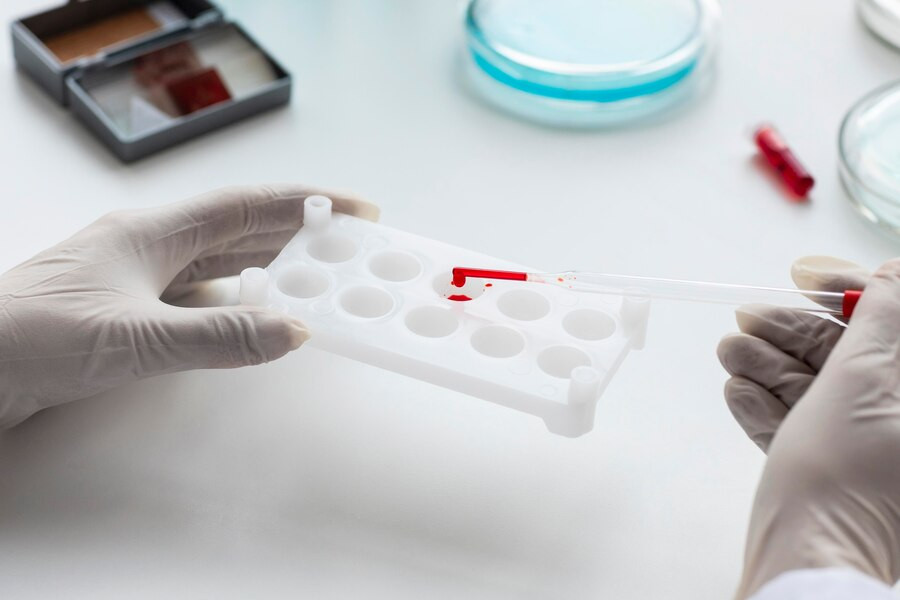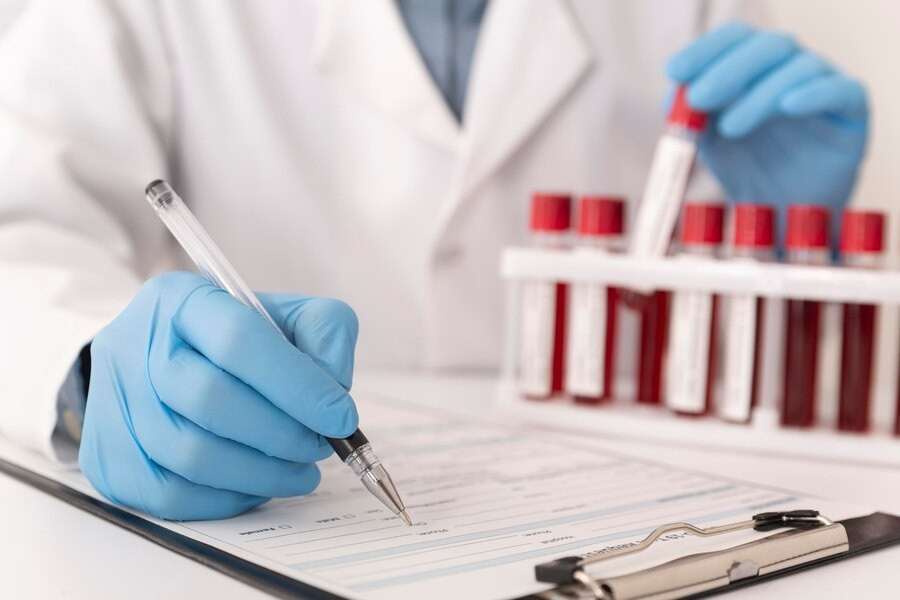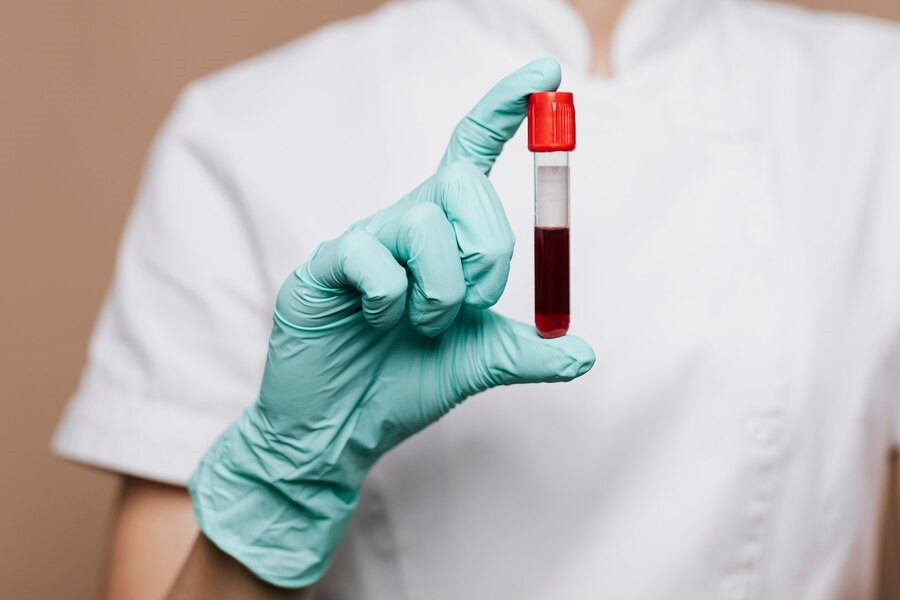Many people turn to over-the-counter medications during the flu or cold season to alleviate their symptoms. But many are unaware that certain cold medications or combinations of cold medications may contain substances that could influence the outcome of a drug test.
What makes false-positive drug results
False-positive drug results are very likely to occur due to several conditions, including:
- Cross-contamination of the tested sample
- Technical errors during the testing process, such as errors in measurement, improper sampling, or incorrect testing procedures
- interaction of medications taken at the same time as the drug being tested
- Medical conditions such as liver disease, diabetes or metabolic disorders that affect the way the body processes and excretes drugs
- Pregnancy, where some medications taken during pregnancy can affect the false positive result of a drug test
- Certain diets, for example, contain fennel seeds, which may contain traces of opiates
- Some medicine or chemicals can produce metabolites similar to drugs, for example codeine, pseudoephedrine, amoxicillin, and so on
False-positive drug results after taking cold medicine
A false-positive drug result may occur in certain individuals who take a drug test after taking cold medication. This can happen because some cold medications may contain active ingredients that have similar chemical structures or properties to certain drugs.
For example, pseudoephedrine is a drug that is usually used to relieve nasal congestion. This substance can cause the body to change it into methamphetamine, which can lead to a false positive on a drug test. Pseudoephedrine itself is not a methamphetamine. But due to its similar chemical structure or properties, drug tests may detect it as methamphetamine.
Codeine is also present in some cough and cold medications. This drug is a type of opioid. The body has the ability to convert codeine from medications into morphine. Morphine is the active substance associated with pain relief and other effects similar to those of other opioids.
Codeine that has changed into morphine may be identified as an opioid in a drug test, leading to a false-positive result.
Apart from the two categories of drugs mentioned earlier, consuming amoxicillin, an antibiotic, can also result in a false positive on a drug test. This is because amoxicillin can form metabolites with a structure that is similar to cocaine's.
Tips before taking a drug tests
Drinking a small amount of water before a drug test will generally not significantly affect the test results. But keep in mind that it might not be a good idea to take some medications right before a drug test because they could interfere with the results.
Prescription and over-the-counter drugs can both have an impact on the body's systems or metabolism, which can influence the outcome of a drug test. Before the test, let the laboratory staff know if you have taken any specific medications recently, like cough or cold remedies.
Ensure that the sample provided is not mixed with other substances that may affect the test results. In order to avoid false-positive results, make sure you follow any instructions before sampling.
Do you have any more questions concerning false-positive drug test results? If you need medical advice or consultation, you can either visit a doctor or make use of the consultation features that are available in the Ai Care application by downloading the Ai Care application from the App Store or Play Store.
Looking for more information about other diseases? Click here!
- Sean Edbert Lim, MBBS
Drugs.com (2023). Can a Drug Test Lead to a False Positive?. Available from: https://www.drugs.com/article/false-positive-drug-tests.html
Kris Martins (2023). What Can Cause a False Positive Drug Test. Available from: https://www.webmd.com/drug-medication/ss/slideshow-drugs-false-positive-test
Drugs.com (2023). Pseudoephedrine . Available from: https://www.drugs.com/pseudoephedrine.html
John Hopkins Medicine. Metabolic Syndrome. Available from: https://www.hopkinsmedicine.org/health/conditions-and-diseases/metabolic-syndrome
American Addiction Center (2024). Pseudoephedrine: Side Effects, Safety & Uses of Sudafed. Available from: https://americanaddictioncenters.org/blog/pseudoephedrine
University of Illinois, Chicago (2021). What drugs are likely to interfere with urine drug screens?. Available from: https://dig.pharmacy.uic.edu/faqs/2021-2/may-2021-faqs/what-drugs-are-likely-to-interfere-with-urine-drug-screens/
Ministry for Primary Industries, Manatu Ahu Matua. Pre-employment Drug Testing: FAQ for Applicants. Available from: https://www.mpi.govt.nz/dmsdocument/18743-Drug-and-Alchohol-Pre-employment-FAQ-sheet











